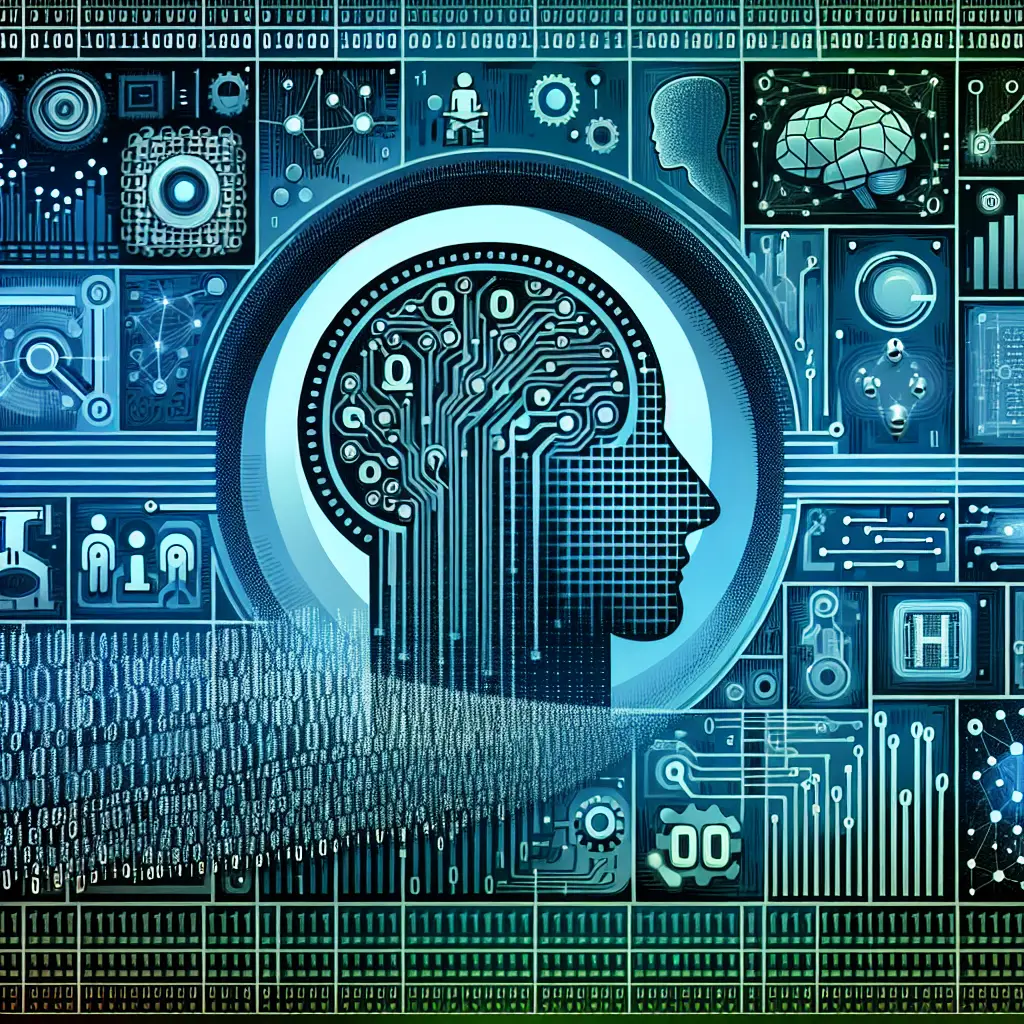Artificial intelligence (AI) is revolutionizing industries across the globe. Its latest breakthroughs, emerging from cutting-edge research and development initiatives, promise profound changes in sectors as varied as healthcare, transportation, and entertainment. Drawing on academic literature, industry reports, and firsthand interviews, this comprehensive examination showcases key advancements at the forefront of AI and evaluates their potential to reshape our world.
DeepMind’s Protein-folding AI, AlphaFold
Google’s AI subsidiary, DeepMind, has made a groundbreaking breakthrough with its protein-folding AI software, AlphaFold. Proteins, complex molecules essential to all life forms, fold into a multitude of shapes that predetermine their functions. Understanding these precise structures has been one of the grand challenges in biology.
The debut of AlphaFold in 2020 sent shockwaves through the scientific community. Using machine learning algorithms, it predicts the three-dimensional structure of proteins with unprecedented accuracy. AlphaFold’s potential applications range from improving drug design to boosting biofuel production and fighting climate change.
OpenAI’s GPT-3 Language Model
OpenAI’s Generative Pretrained Transformer 3 (GPT-3) is an AI model that excels at understanding and generating human-like text. Boasting 175 billion machine learning parameters, it can write essays, answer questions, translate languages, and even draft poetry.
GPT-3’s sophistication has garnered attention and excitement for its potential to revolutionize numerous fields, including creative writing, customer service, and language translation. Its ability to mimic human-like conversations also presents promising possibilities for virtual assistants and chatbots.
Transformative AI in Autonomous Vehicles
Continued advancements in AI are driving the global push for self-driving cars. Leading the race is Tesla, with its AI-based Autopilot software and an upcoming full self-driving (FSD) beta version. Tesla’s AI uses machine learning algorithms to predict the behavior of other road users and identify traffic signs, lights, and other vital indicators.
Waymo, a subsidiary of Alphabet, Google’s parent company, is a notable competitor. Its AI-powered technologies, including LiDAR sensors and detailed maps, give its fleet of autonomous vehicles a comprehensive understanding of their environment. These advancements in AI have the potential to revolutionize the transportation industry, making road travel safer and more efficient.
AI in Healthcare – Diagnostics and Drug Discovery
Healthcare has embraced AI’s latest advancements, using intelligent systems for early disease diagnostics and personalized treatment planning. Google’s DeepMind has developed AI systems that can diagnose eye diseases and predict the deterioration of patients with acute kidney injuries.
Researchers at MIT recently designed an AI model that can identify asymptomatic COVID-19 infections through a subtle change in the victim’s cough. The potential for AI to augment human diagnostics, particularly in a pandemic, is a promising development in the healthcare field.
Furthermore, AI’s role in drug discovery and personalized medicine is rapidly evolving. Insilico Medicine, a biotech company, leveraged its AI to design a new drug in 46 days – a sharp reduction from the average years-long process.
AI in Entertainment Industry
The entertainment industry has also harnessed AI’s latest developments. AI-driven content creation, from generating movie scripts to writing songs, raises the intriguing possibility of machine-made art. For example, OpenAI’s MuseNet can compose songs in a variety of styles and genres, from Mozart to the Beatles.
Predictive AI modeling is also changing the advertising and marketing sectors. Platforms can monitor user behavior and tailor ad campaigns to suit individual user preferences.
Despite remarkable progress, challenges remain in AI research. Areas like artificial general intelligence, the science of imbuing AI with human-like cognitive abilities, remain largely unexplored. Concerns around AI ethics, including bias in AI systems and the impact of automation on jobs, require robust debate and policy-making.
The latest advancements reviewed here, nonetheless, offer a promising glimpse of AI’s potential. As AI continues to evolve, its transformative technology will reshape industries, change professions, and redefine our understanding of what machines can achieve.
Share this content:

